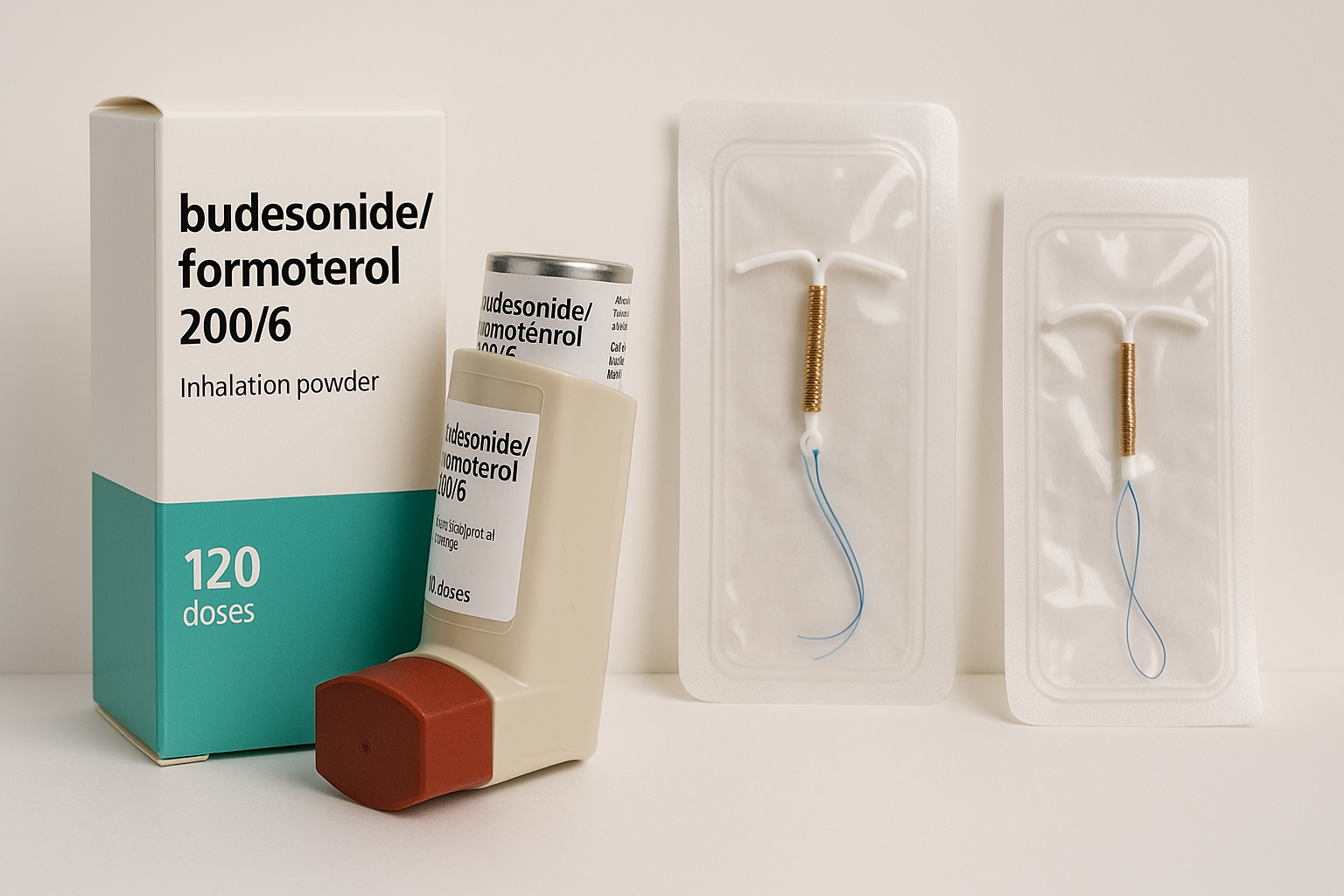Pharmac Expands Access to Asthma Inhalers and Contraceptives from August 2025
Pharmac will now allow patients to receive a three-month supply of some budesonide with eformoterol inhalers at once.

- Country:
- New Zealand
From August 1, 2025, New Zealanders living with asthma and women seeking long-acting contraceptives will benefit from new measures to streamline access to essential medicines. Associate Health Minister David Seymour has welcomed Pharmac’s decision to ease access restrictions on budesonide with eformoterol inhalers and intra-uterine contraceptive devices (IUDs) such as Mirena and Jaydess.
This announcement follows a broader reform agenda led by Minister Seymour, who is the country’s first dedicated Pharmac Minister. He has praised Pharmac’s responsiveness to public consultation and its efforts to adopt a more inclusive and flexible approach to pharmaceutical funding and distribution.
Improved Asthma Inhaler Access: Fewer Barriers, Faster Relief
Pharmac will now allow patients to receive a three-month supply of some budesonide with eformoterol inhalers at once. Additionally, these inhalers will be made available through Practitioner Supply Orders (PSOs), which let medical professionals stock them in clinics for emergency use, education, or demonstrations.
“This means that over 120,000 New Zealanders who use this type of inhaler will make fewer trips to the pharmacy, have more consistent asthma control, and benefit from quicker emergency access through their healthcare provider,” said Seymour.
Budesonide with eformoterol inhalers are widely used for managing asthma symptoms and flare-ups. The changes aim to ensure timely and convenient access, especially in rural or underserved communities.
Streamlined IUD Access for Women
Equally significant are the changes to contraceptive access. Women will no longer need to obtain a prescription, collect the IUD from a pharmacy, and return to a clinic for placement. Under the new guidelines, clinics will be permitted to keep Mirena and Jaydess devices in stock, enabling same-day placement.
“This removes logistical hurdles and makes it easier for women to access long-acting contraceptives,” Seymour explained. “Pharmac expects over 21,000 women to benefit from these changes in the first year alone.”
These devices offer effective contraception for up to five years and are often recommended for women seeking reliable, low-maintenance birth control options.
Reforms Reflect a Shift Toward People-Centered Health Policy
The decisions stem from a recent consultation process that actively engaged patients, caregivers, and health practitioners. Minister Seymour emphasized that his letter of expectations to Pharmac outlined the need for inclusive, transparent decision-making processes. This principle was enshrined in the ACT-National Coalition Agreement and is now reflected in Pharmac’s shifting culture.
“People told Pharmac these changes would make a real difference,” said Seymour. “This is about putting people first—improving access to the medicines they need, when they need them.”
Government Backing with Record Pharmac Funding
To support Pharmac’s growing responsibilities, the government has boosted its budget significantly. In 2024, Pharmac received its largest-ever allocation: $6.294 billion over four years, including a $604 million increase to better fund medicine procurement.
“With this record investment, Pharmac is better equipped to negotiate competitive prices and expand access to life-enhancing treatments,” Seymour said. “This is the Government doing its part to ensure New Zealanders get world-class healthcare.”
The improvements to asthma and contraceptive medicine access mark a practical and symbolic step forward in the Government’s healthcare modernization efforts.










